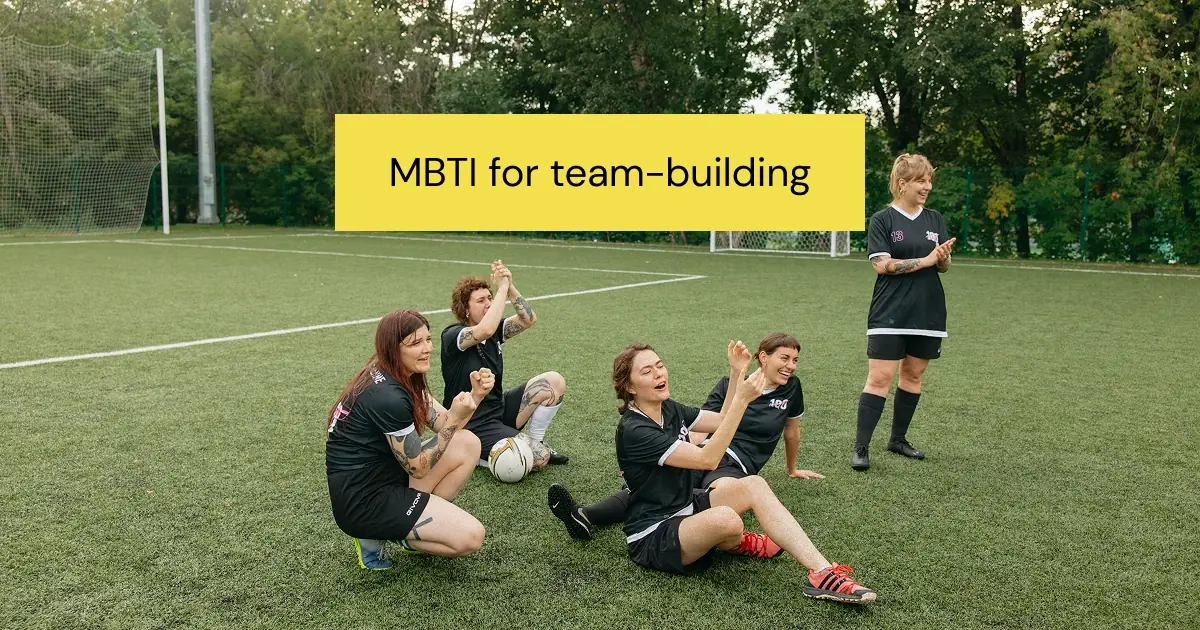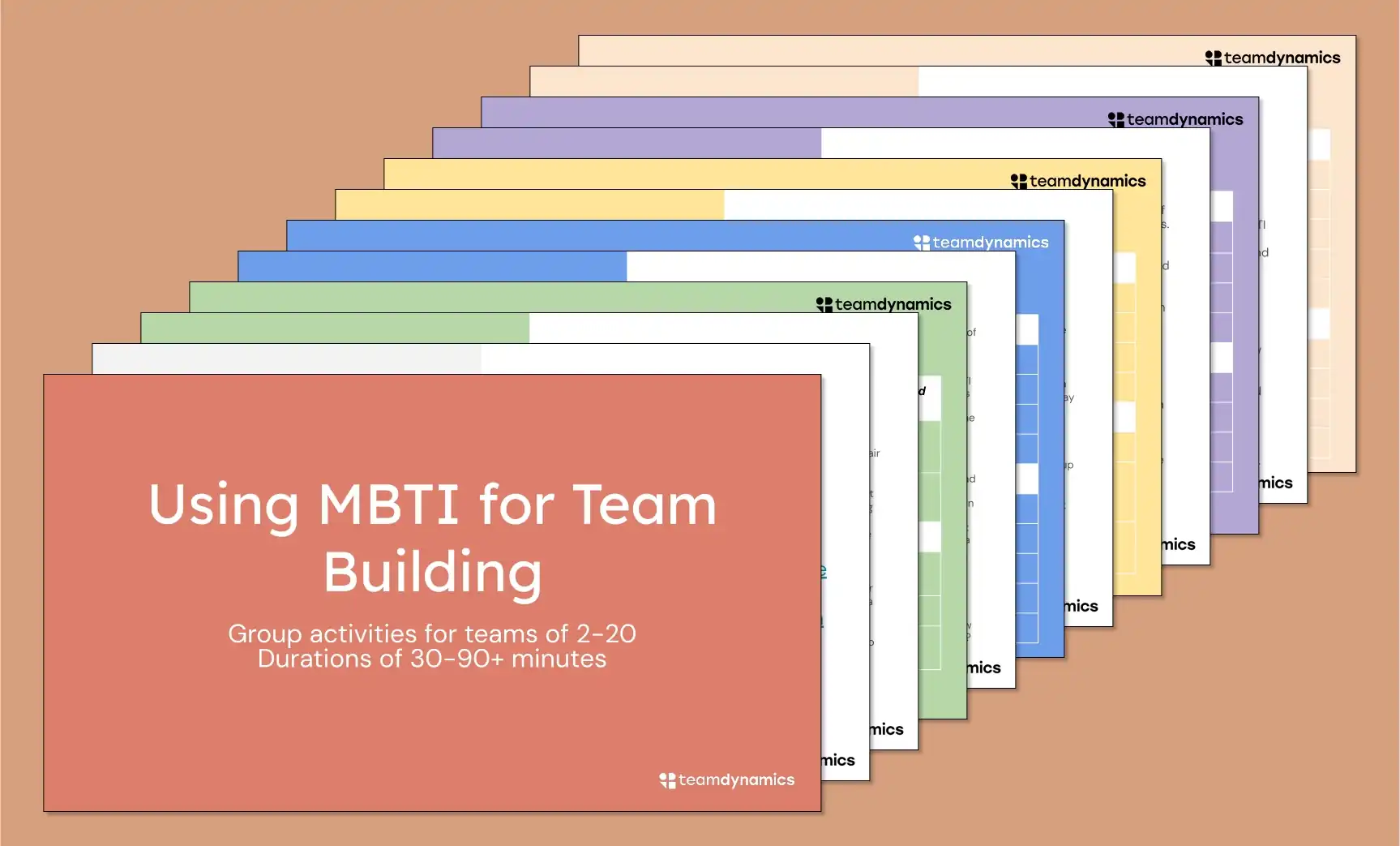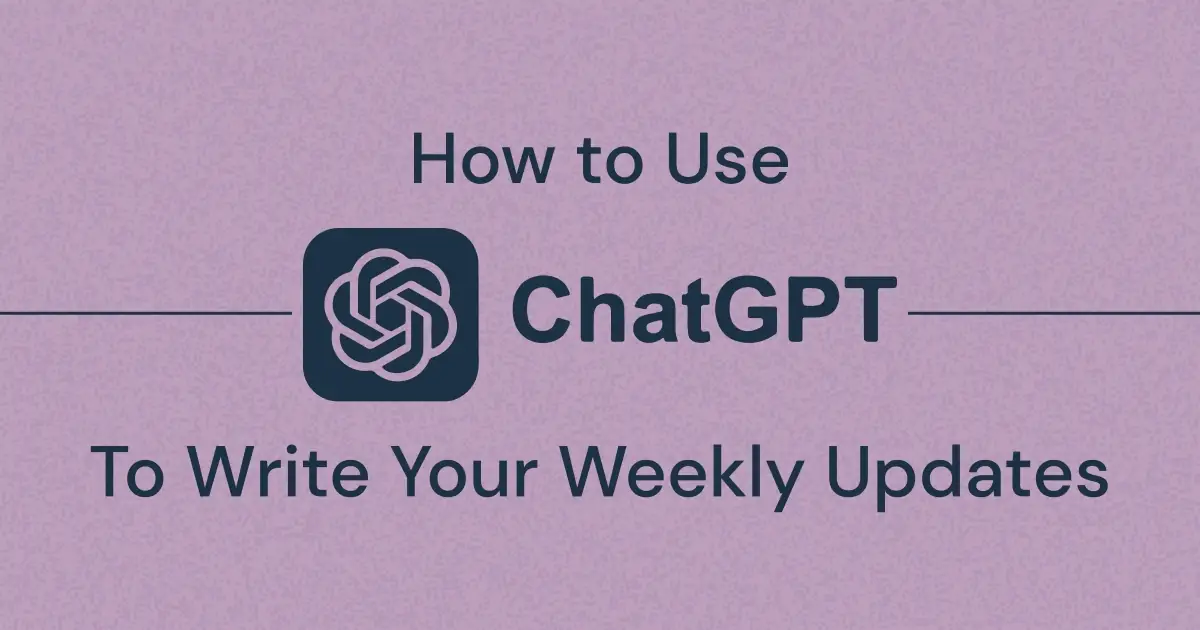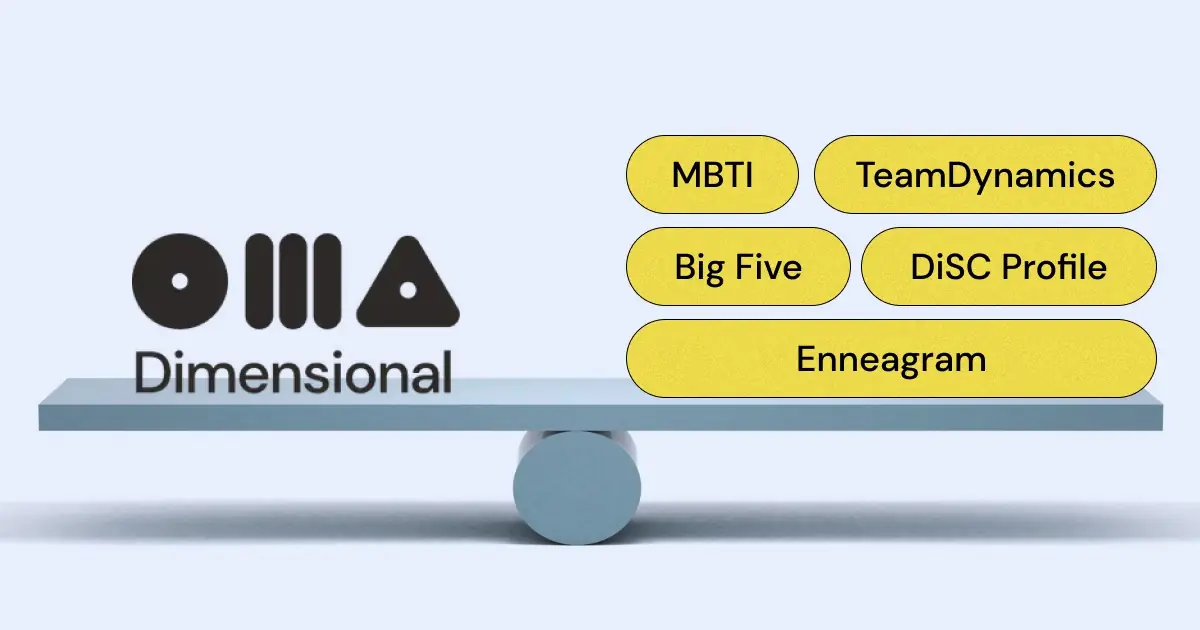??What is the Myers-Briggs Type Indicator (MBTI) and how is it used in the workplace???
The Myers-Briggs Type Indicator (MBTI) is a personality assessment tool developed by Katharine Cook Briggs and Isabel Briggs Myers based on Carl Jung's psychological theories. It classifies individuals into 16 personality types using four dichotomies: Extraversion vs. Introversion, Sensing vs. Intuition, Thinking vs. Feeling, and Judging vs. Perceiving. In the workplace, MBTI is commonly used to enhance team communication, collaboration, and individual development by helping team members better understand each other's personality preferences.
??What are the main benefits of using MBTI for team building???
MBTI team building offers several benefits, including improved communication through an understanding of differing communication styles, enhanced collaboration by aligning tasks with individual strengths, conflict resolution through awareness of decision-making styles, and personal development by enabling self-awareness and growth in team dynamics.
??What are the limitations of MBTI when used for team building???
Despite its popularity, MBTI has several limitations for team building: it focuses on individual rather than team dynamics, relies on self-reported and potentially subjective data, uses binary categorization that can oversimplify complex personalities, and lacks strong empirical support for scientific validity and reliability. These factors can reduce its effectiveness in fostering cohesive and high-performing teams.
??How does TeamDynamics differ from MBTI in team assessments???
TeamDynamics is a newer personality assessment tool that is specifically designed to evaluate team dynamics rather than individual personality types. Unlike MBTI, TeamDynamics combines self-report data with team-wide inputs to provide a more objective, team-centered analysis. It offers actionable insights for improving team culture, collaboration, conflict resolution, and decision-making processes.
??What are the advantages of using TeamDynamics over MBTI for teams???
Teams using TeamDynamics can expect more comprehensive assessments, including insights into team culture, communication patterns, and group norms. The tool provides objective data and specific, actionable recommendations to enhance team performance and cohesion. This makes it more suitable for organizations aiming to improve team-based outcomes rather than just individual understanding.
??What are team dynamics and why are they important???
Team dynamics refer to how individuals on a team interact to accomplish shared goals and how those interactions influence overall performance and satisfaction. Understanding and optimizing team dynamics is crucial because they affect job satisfaction, individual productivity, and the success of collaborative efforts.
??Can MBTI results be used in practical team-building activities???
Yes, MBTI results can guide practical team-building exercises that focus on enhancing communication, identifying complementary strengths, and improving decision-making. Organizations can use downloadable MBTI team-building resources and tailored workshops to apply personality insights in collaborative, effective ways.
??Is MBTI scientifically validated as a personality assessment tool???
The MBTI has been criticized for its lack of empirical support and scientific validation. Critics point out that its binary structure oversimplifies personality traits, and its reliance on self-reporting can lead to inconsistent results. While useful for generating awareness and discussion, MBTI may not provide a rigorous foundation for data-driven team-building strategies.
??Why was TeamDynamics created as an alternative to traditional personality tests???
TeamDynamics was developed to address the shortcomings of individual-focused personality tests like MBTI. It focuses on the emergent properties of teams—the unique interactions, norms, and behaviors that define how a group functions—providing a more realistic and holistic view of team effectiveness.
??How can organizations decide which personality test is best for their team-building efforts???
To choose the right tool, organizations should consider their specific goals. If the objective is to gain self-awareness or improve individual communication, MBTI may be appropriate. However, for improving team performance, culture, or decision-making, tools like TeamDynamics that emphasize team dynamics and provide actionable insights may offer more targeted value.


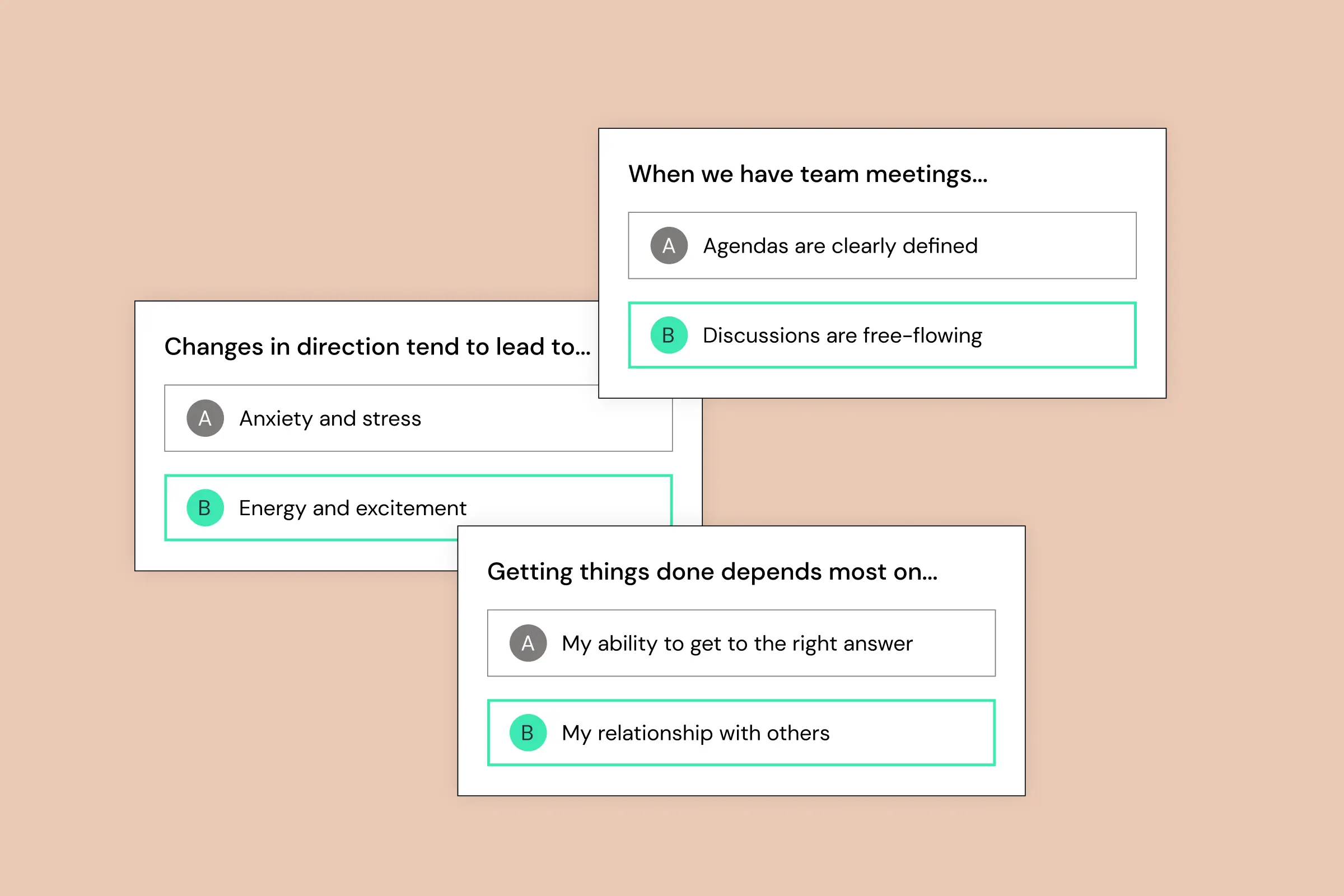

.png)
